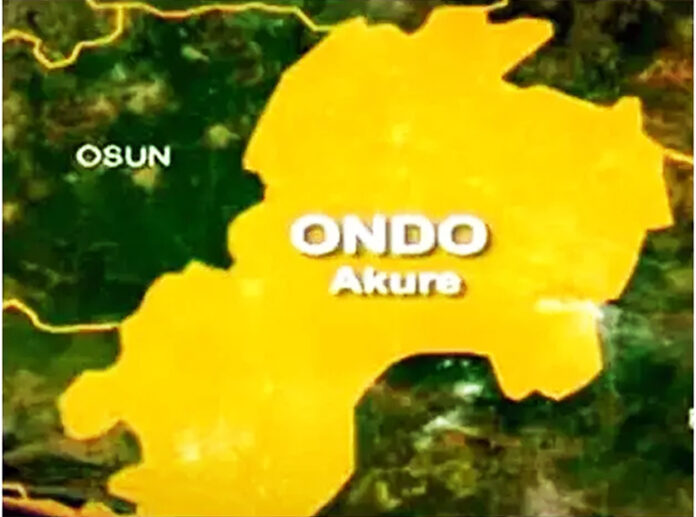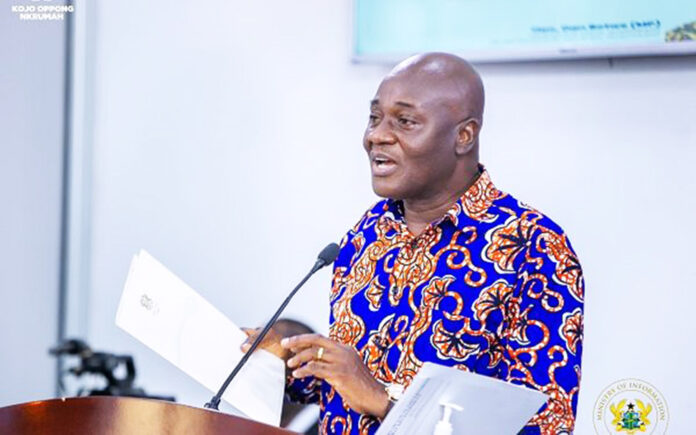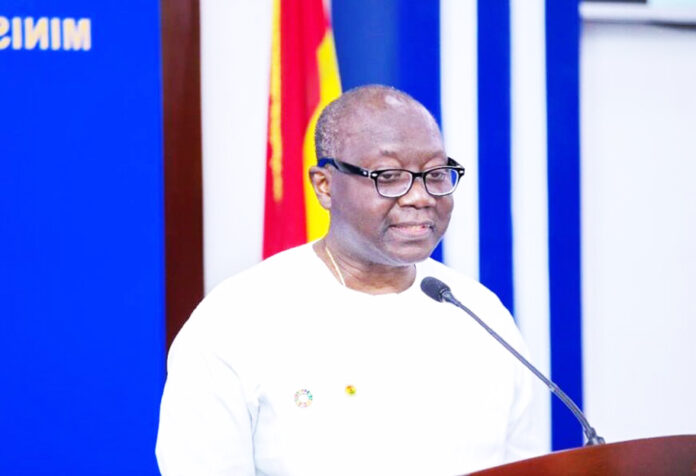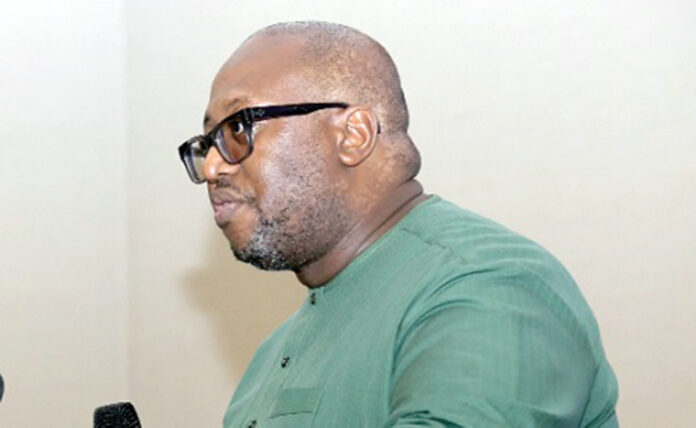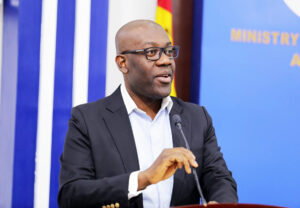Damn! Last week, while giving spare change to a homeless person, I forgot to take a selfie. Who knows how many likes I would have received on Instagram!
For some reason, no one was videotaping me as I was delivering a food donation to my local food bank. I would have loved to post such a video on Facebook and receive endless digital “way-to-go!”
I recently came across a quote by Mark Manson, author of The Subtle Art of Not Giving a F*ck: A Counterintuitive Approach to Living a Good Life, a book I strongly recommend that resonated with me, “Be skeptical of boasts; they are often about the people we wish we were, rather than who we actually are.” In Western society, we boast. Our goal is to project an image that will be applauded, envied, and celebrated.
You’re not your thoughts. You’re not defined by what’s inside your head or what you tweet, post on Facebook, or say to family and friends. You’re what you actually do. Your actions, not your words, advertise who you are.
Those who don’t speak of their accomplishments and good deeds exude quiet confidence. They seem satisfied knowing they did something kind or accomplished something impressive; as a result, they do not look for external validation.
Shifting in high gear — we’re in the middle of some serious social surgery.
I question those whose most radical act is temporarily changing their profile picture on Facebook. You have probably done this. We have the virtue-signalling down pat and the talk, saying what we think will make us fit in. Especially in our younger years, we go along to get along.
Currently, I’m seeing two key insights into social behaviour. First, people conform to other people’s actions and opinions; they often say and do what others say and do. Second, when it comes to many issues, most people don’t know what others think, making conformity a guessing game.
Case in point, in 2016, polls predicted Hilary Clinton would be the 45th President of the United States, and then Donald Trump won. Evidently, many Trump supporters kept their support to themselves.
Our inability to have a civil discourse without judging, labelling, and insulting those with opposing viewpoints and beliefs creates silent majorities who make themselves heard in voting booths. I believe the silent majority will win the next Canadian federal election.
What are you afraid to say because you fear being labelled?
As social norms shift, individuals shift with them, metaphorically adopting popular opinions and behaviours and dropping ones that fall out of style. Let’s not kid ourselves; it’s all about style and not what serves our collective best interest, which defaults to the sick game of identity politics.
The left exploits those they characterize as being oppressed, while the right plays on nationalism and cultural pride. The civilized political game is one where you focus on your life and take responsibility for your actions.
Imagine what our world would look like if you and I walked our talk. Saying, posting, tweeting, commenting, you care is meaningless. Your actions reveal what you’re concerned about.
Our planet would be able to breathe again if everyone who claimed to be concerned about climate change adopted an environmentally friendly lifestyle. (READ: consume less)
If everyone who claims to be against systemic racism addressed the racism surrounding them, there wouldn’t be any systemic racism.
If everyone who claims to be appalled by homelessness put their money where their mouth is, homelessness would be eradicated.
If everyone who raises a fist against corporate greed stopped supporting corporations with their consumerism, corporations would be more inclined to be good social citizens.
There’s always been much more talk, acting outraged, fist-raising, finger-pointed, and fashionable protesting than any real action. We know what needs to be done, but we don’t do it. The changes we say we want — the examples I gave — don’t need government permission to be eradicated or at least mitigated.
A shameful truth: we benefit from the social injustices and planet-destroying activities we say offend us. The hypocrisy we use to defend our right to live an undeniably environmentally destructive and financially wasteful first-world lifestyle is astonishing.
Google “a smartphone’s environmental damage” and see how hypocritical those who claim to care about the environment are, whom I guarantee own a smartphone, along with driving a fuel-burning automobile, using one-use plastic and eating blueberries imported from a different hemisphere. I’ve yet to meet a self-proclaiming “environmentalist” whose lifestyle had a negligible carbon footprint.
Are you really against capitalism if you’re using your Apple iPhone to post anti-capitalism rants on a social media platform owned by a billionaire while sipping a Starbucks Cinnamon Dolce Latte?
People say, “We stole this land from the natives!” and then continue to live on it. If you are so offended by your ancestral guilt, why not give the land back? Is there any movement to give back large chunks of Canada to its indigenous people? If your white privilege offends you, then why do you continue to take advantage of it?
Answer to the above: As I said earlier, we benefit from the social injustices and planet-destroying activities we say we oppose. Hence, we theatrically display outrage — facilitated by social media — while avoiding meaningful change since meaningful change would go against our self-interests.
Fiji, Evian, Aquafina, Dasani, Smartwater, Arrowhead, Poland Spring, et al., aren’t going to suddenly stop selling bottled water, no matter how much you say bottled water are nails in the environment’s coffin. Corporations will stop producing bottled water when people stop buying it. All the garbage floating in our oceans, littering our land, is the result of our consumerism and one-use plastic, neither of which has ever been mandated by any government.
Most people avoid responsibility by avoiding taking meaningful action. It’s much easier to say you are against corporate greed than it is to not participate in our consumer society, which creates corporations.
Values only exist if they’re lived. You say you value honest communication and open discourse. Until you’ve dealt with unpleasant and difficult conversations that you hate hearing in a mature way that allows others to have opinions and beliefs that differ from yours, you don’t.
What’s an uncomfortable conversation you’ve been avoiding?
If you find yourself preaching, tweeting your social consciousness, or offering uninvited opinions, ask yourself why you feel your actions aren’t enough to speak for themselves. Your actions have a meaningful role in social change. Your outrage is you going along to get along, which explains our current state of affairs.
By Nick Kossovan
Nick Kossovan, a self-described connoisseur of human psychology, writes about what’s on his mind from Toronto. You can follow Nick on Twitter and Instagram @NKossovan.
The views expressed in this article are the author’s own and do not necessarily reflect The Chronicle’s stance.


